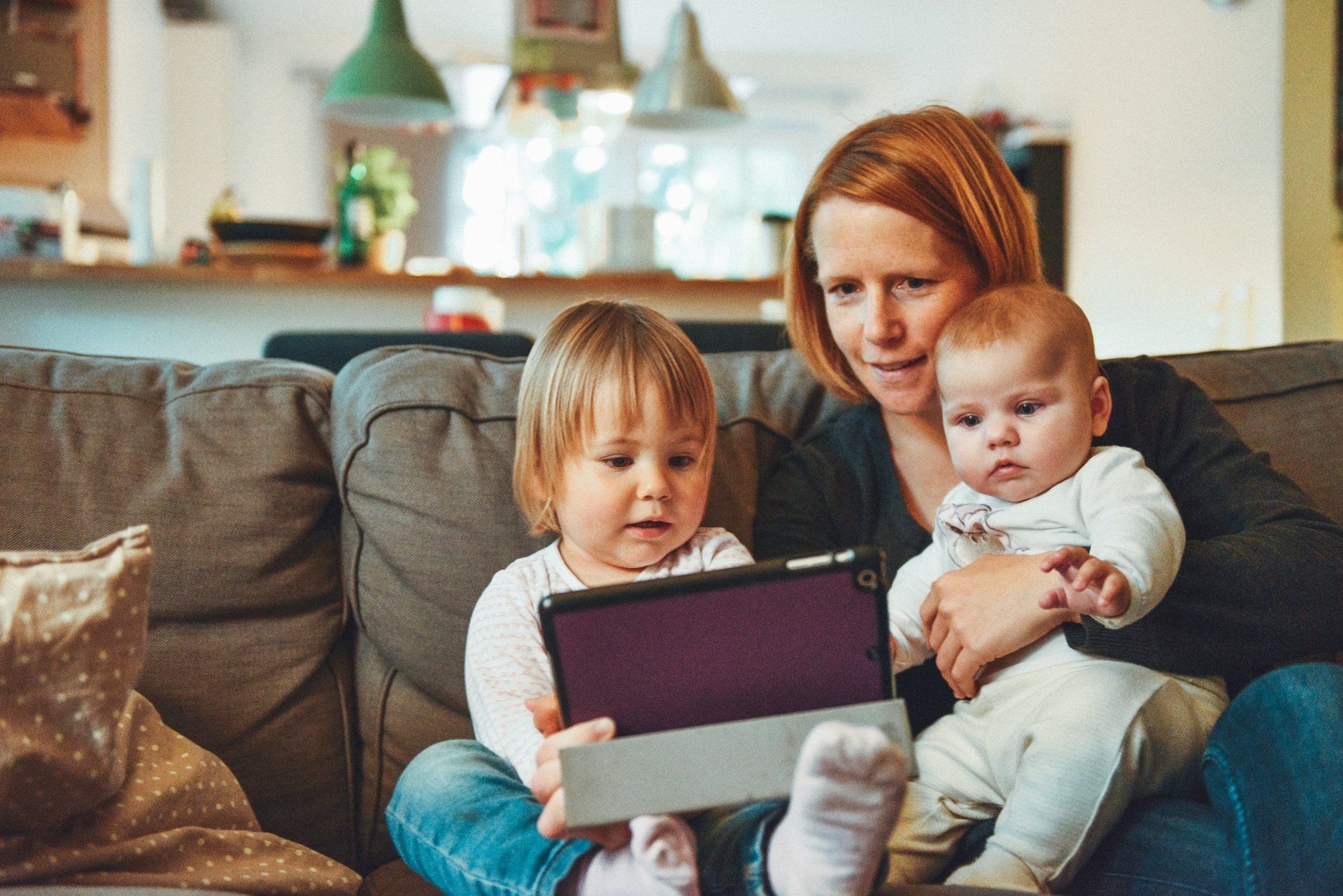Embracing Boundaries: Understanding the Decision to End Relationships with Biological Relatives
In our lives, we encounter a multitude of relationships—some enriching, some challenging, and some that defy conventional norms. Among these, the bonds we share with our biological relatives hold a unique significance. However, there are times when the decision to distance ourselves from these familial ties becomes necessary for our well-being and growth. I often witness individuals grappling with the complexities of family dynamics, struggling to reconcile the desire for connection with the need to protect their mental and emotional health. The decision to end relationships with biological relatives is one that is deeply personal and often fraught with conflicting emotions.
Yet, it is a decision that can be empowering and transformative when approached with self-awareness and compassion. One of the key factors that may lead to the dissolution of familial bonds is toxicity. Toxic relationships, characterized by manipulation, abuse, or chronic negativity, can take a significant toll on our mental and emotional well-being. Despite the biological connection, maintaining such relationships can perpetuate a cycle of harm and hinder our personal growth and happiness. In these instances, setting boundaries and prioritizing self-care may necessitate stepping away from these toxic dynamics, even if it means severing ties with biological relatives.
Another common reason for ending relationships with biological relatives is the lack of support or understanding. Not all family members are equipped to provide the love and acceptance we crave. In cases where familial relationships are marked by judgment, rejection, or invalidation of our experiences and identities, seeking solace and support from chosen family members or supportive individuals outside of our biological kinship circle can be crucial for our emotional well-being. It's important to acknowledge that the decision to end relationships with biological relatives is not a sign of failure or weakness. Rather, it reflects a profound commitment to self-preservation and growth.
By recognizing and honoring our own needs and boundaries, we pave the way for healthier, more fulfilling relationships—both within and outside the realm of family ties. However, it's also important to approach this decision with mindfulness and compassion. Ending relationships with biological relatives can evoke a range of emotions, including guilt, grief, and sadness. It's essential to give ourselves permission to mourn the loss of what could have been while also embracing the potential for healing and growth that comes with prioritizing our well-being. As a counselor, my role is to provide a safe space for individuals to explore and process their feelings surrounding familial relationships.
Through compassionate listening, validation, and guidance, I empower my clients to navigate the complexities of family dynamics with clarity and resilience. The decision to end relationships with biological relatives is a deeply personal one that requires courage, self-awareness, and compassion. By embracing boundaries and prioritizing our well-being, we create space for healing, growth, and authentic connections in our lives. I stand alongside my clients on this journey, offering support and guidance every step of the way.



